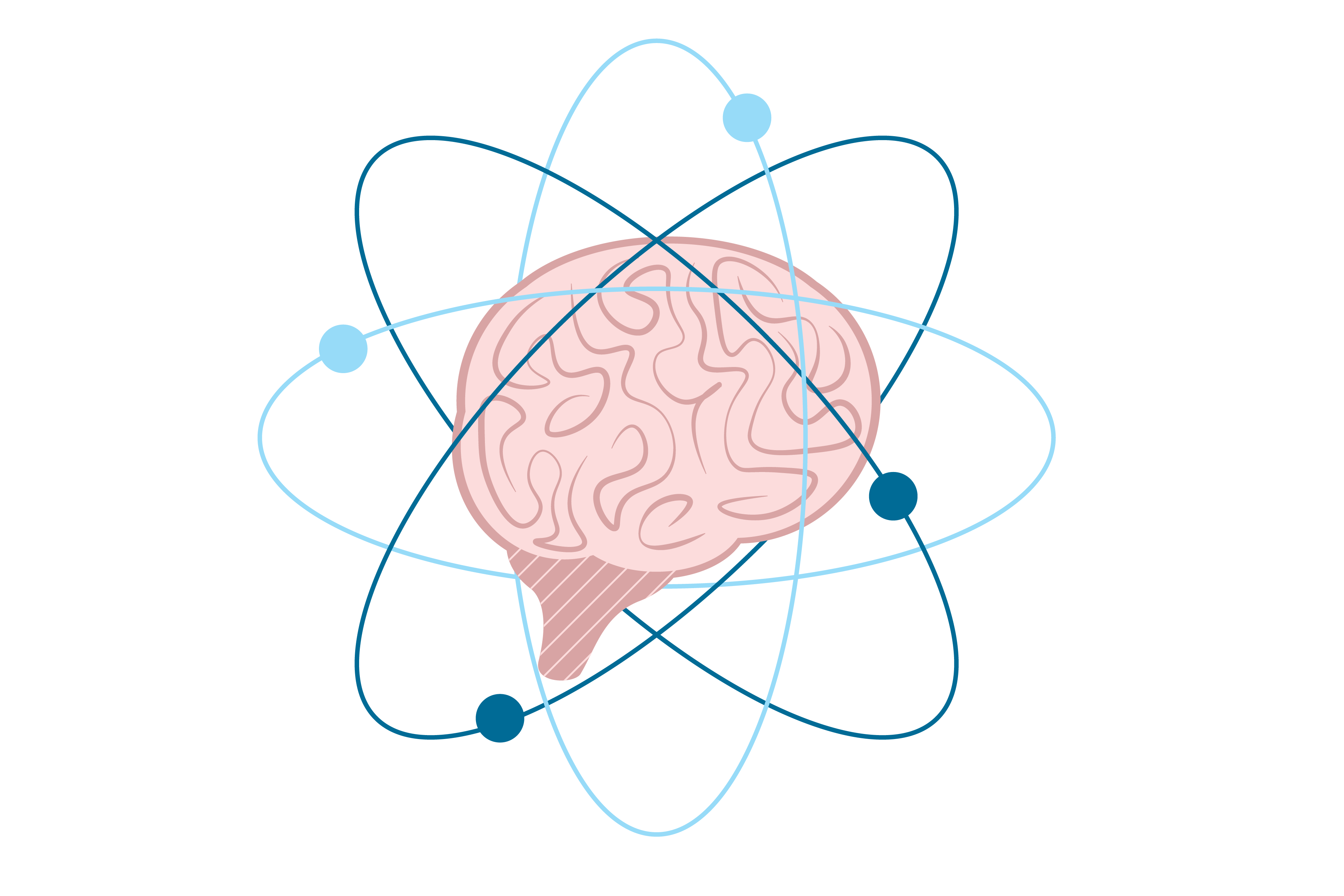
New Cognitive Science Club provides students with educational opportunities
The Cognitive Science Club (CSC) kickstarted this past summer and is already proving popular among cognitive science majors and nonmajors alike.
Cognitive science is a new major that students were unable to declare up until last Winter Quarter. The purpose of the CSC is to promote the major and spread the importance of the subject.
Jane Lee, a second-year cognitive science major and public relations director for CSC, helped to found the club over summer, building the organization from the ground up.
“Cognitive science is the study of human intelligence and is a very broad subject that you can apply to many different fields,” Lee said. “Within the major itself, you can get a [Bachelor of Arts], which focuses more on psychology and philosophy of the mind, or a [Bachelor of Science] which has [one] track that focuses on neuroscience and [another] track that bridges computers with the brain.”
Webster’s Dictionary defines the field of cognitive science as an “interdisciplinary science that draws on many fields (psychology, artificial intelligence, linguistics and philosophy) in developing theories about human perception, thinking and learning.” The club aims to address these various aspects, while also placing an emphasis on how humans can use computers to analyze the brain or use the brain to analyze computers.
While the fields studied in cognitive science may seem drastically different from one another, CSC strives to use hands-on tactics to educate the student body on the importance of tying these various fields together.
“We try to structure meetings in a class discussion way, for example hosting professors or graduate students to speak about their research and expertise,” said Abigail Pearman, third-year cognitive science major and vice president of internal affairs for CSC. “In general, the first half of the meeting will focus on discussing the field and the different paths you can take, and in the second half we will work in groups to imagine projects we can design.”
Even though CSC is still in its first quarter of operating, it has already detailed plans for educational projects and resources for conducting successful experiments. For example, the club was able to obtain an electroencephalogram (EEG) headset, which is used to detect and record electrical activity in the brain by analyzing brain wave patterns. Club members will be able to use this sophisticated instrument, and thereby discover more about cognitive science and also about themselves and the functions of their own minds.
The CSC plans to start a YouTube channel as another means to introduce the field of cognitive science.
“We’re planning on publishing educational videos about what cognitive science is or how it could be applied to different careers,” Lee said. “Some of our officers will be interviewing professors about their research and field of expertise.”
As with any field of science, laboratories are essential to testing hypotheses and collecting data. Diana Olivan, second-year cognitive science major and club secretary, explained that one of the club’s challenges has been getting access to labs on campus, but the officers are diligently working on plans to get their members into labs and designing projects as soon as possible.
“We are setting up workshops to help […] members who are interested learn how to get into a lab and start a study,” Olivan said. “We’re definitely trying to provide [students] with the resources that we’re having trouble finding. [Information on] getting into a lab and getting the qualifications to even begin a study have been topics we are informing students about through workshops and through our projects.”
While CSC has many benefits when it comes to research and projects, Lee, Pearman and Olivan all agree that the most substantial benefit of the club is that it forms a supportive community of students who are all interested in the field of cognitive science, despite what their respective majors may be.
“I really like the community aspect of [CSC],” Lee said. “It’s really awesome to be in a room full of people who are passionate about the same things that you are and to be able to discuss topics you’re interested in and work on things as a team.”
The broad spectrum of topics discussed in cognitive science are applicable to not only classes on campus, but also to bringing in a community that is new to the major. The officers of the club enjoy learning about the mind, expressing themselves and collaborating on tying their various interests together.
“This club addresses something that a lot of other clubs don’t, in terms of specifying our major and providing a support system,” Olivan said. “It provides a flexibility to members to do what they like to do, whether that be attend general meetings, learn more about the major, attend workshops or work on projects. It’s a great way to expand your field of knowledge and have fun while doing it.”
Students of any discipline can find the CSC in Young 166 at 7 p.m. on Tuesday nights.
Written by: Gillian Allen — features@theaggie.org



